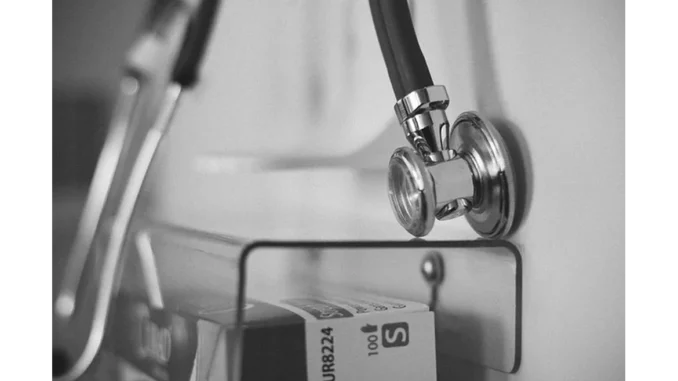
In a rapidly evolving world where technology is redefining the way we live, the intersection of artificial intelligence (AI) and medical education emerges as a pivotal area of transformation. To delve into this dynamic landscape, I engaged in a conversation with Emily Carter, an accomplished health educator with over a decade of experience. Emily recently attended the highly anticipated event, “Grand Rounds: Systems Thinking for Health Educators, Residents, & Students,” led by the esteemed Dr. Kimberly Lomis. Her enthusiasm was evident as she shared insights from the event, highlighting the innovative integration of AI in medical education and its broader implications for the future of healthcare.
Reflecting on the event, Emily recounted the charged excitement of the opening session. Dr. Lomis delivered a compelling keynote address, underscoring the transformative potential of AI in medicine. “It was not merely about technology,” Emily recalled, “but about fundamentally rethinking how we educate future healthcare providers.” The session attracted a diverse audience, including educators, residents, students, and administrators, and served as a comprehensive introduction to the latest AI innovations. Emily was particularly impressed by Dr. Lomis’s ability to demystify complex concepts, portraying AI not just as a technological tool, but as a collaborative partner in medical education.
Emily was struck by the interdisciplinary approach advocated by Dr. Lomis. The integration of AI across various health professions—extending beyond medicine to include fields like nursing and public health—was particularly illuminating. Such an approach is crucial to harnessing the full potential of AI, fostering a cohesive health ecosystem. “It was eye-opening to witness AI’s application across different domains,” Emily noted, emphasising the importance of a unified strategy to maximise AI’s benefits in healthcare education.
The “Future Leaders in Medicine” segment, tailored for health profession students and residents, transitioned the conversation from theoretical frameworks to real-world applications. Emily described the session as intimate and interactive, with students and residents actively engaging with speakers to discuss how AI is influencing their training and career aspirations. “There was a palpable sense of optimism,” Emily observed, “but also a healthy dose of caution.” The session offered a platform for young professionals to express both excitement and concerns, underscoring the necessity for them to be well-equipped to navigate AI’s evolving landscape.
The day’s final session, “Navigating Disruption in Medical Education,” was a deep dive into strategies for incorporating AI into teaching, learning, and practice. For Emily, this session was a highlight, as Dr. Lomis and the panelists directly addressed the challenges of balancing technological advancement with the essential human touch in healthcare. The focus on systems thinking and change management, areas where Dr. Lomis is a recognised authority, resonated deeply with Emily. “It’s about more than just adopting new technology,” she explained. “It’s about reimagining curricula and assessment methods to prepare students for a future where AI is integral to healthcare delivery.”
As our conversation concluded, Emily reflected on the broader implications of the event. “Grand Rounds was more than just a series of talks,” she mused. “It was a call to action for everyone involved in medical education. We bear the responsibility to ensure our students are not only proficient in utilising AI but are also critical thinkers capable of navigating and shaping the future of healthcare.”
Emily’s reflections left me with a profound sense of both hope and urgency. AI is not merely a passing trend; it represents a revolution in medical education and healthcare. As educators, there is both a privilege and a duty to guide the next generation through this transformative era. Events like “Grand Rounds” provide vital touchpoints in this journey, uniting thought leaders, educators, and learners to collectively envision a future where technology and humanity collaborate in harmony. The potential for AI to reshape medical education and, by extension, healthcare itself, is immense. Such gatherings foster a shared commitment to realising this potential, ensuring that future healthcare professionals are well-prepared for the challenges and opportunities that lie ahead.


Be the first to comment